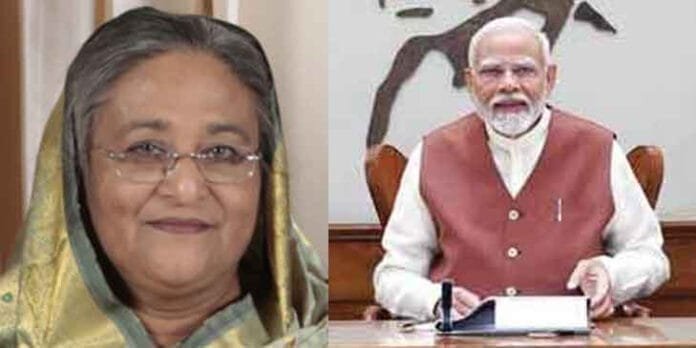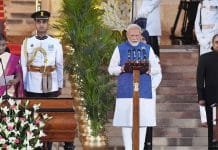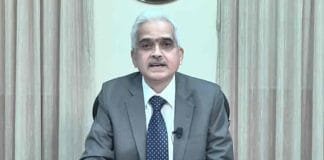Sheikh Hasina to Remain in India Despite Bangladesh’s Extradition Request
The political landscape in South Asia has taken a dramatic turn with the recent developments surrounding Sheikh Hasina, the exiled former Prime Minister of Bangladesh. Amid rising tensions and legal actions from Dhaka, India has decided to extend Hasina’s visa, allowing her to remain in the country. This decision has sparked widespread discussions about regional diplomacy, legal frameworks, and human rights.
India’s Response to Bangladesh’s Extradition Request
On December 23, Bangladesh’s interim government issued a diplomatic note to India’s Ministry of External Affairs, requesting the extradition of Sheikh Hasina. However, the Indian government has yet to offer a positive response to this request. According to Indian officials, Dhaka has not fulfilled the necessary formalities for a legitimate extradition process.
India’s stance reflects its careful consideration of the complexities surrounding this issue. Officials have clarified that Hasina’s presence in India does not equate to formal asylum, as India lacks a specific refugee law. Nonetheless, her visa has been extended, allowing her continued stay amidst increasing demands for her extradition from Bangladesh.
The Controversies Surrounding Sheikh Hasina
Sheikh Hasina fled to India in August, following intense political unrest in Bangladesh. The unrest stemmed from protests led by students and other factions, accusing Hasina of involvement in serious human rights violations. Among the allegations are accusations of enforced disappearances and murders during the July demonstrations.
In response, the Bangladeshi government has revoked the passports of 97 individuals, including Sheikh Hasina. The Immigration and Passport Department of Bangladesh confirmed the cancellation of these passports, citing their alleged involvement in unlawful activities during the protests.
Bangladesh’s Legal Actions Against Hasina
Adding to the legal pressure, Bangladesh’s International Crimes Tribunal issued a second arrest warrant for Sheikh Hasina on January 6. The tribunal has instructed Bangladeshi police to apprehend Hasina and 11 others, requiring their appearance before the court on February 12. This move signals Dhaka’s determination to pursue legal action against Hasina for her alleged crimes.
India’s Diplomatic Dilemma
India now faces a delicate diplomatic challenge. While extending Hasina’s visa, the Indian government has refrained from granting her asylum. This cautious approach reflects India’s effort to balance its diplomatic relations with Bangladesh and its commitment to legal propriety.
The Indian Ministry of External Affairs has reiterated that Sheikh Hasina must decide her future independently. This statement underscores India’s neutral position, emphasizing its role as a host rather than a party to the legal and political disputes involving Hasina.
Future Prospects for Sheikh Hasina in India
The future of Sheikh Hasina in India remains uncertain. With Bangladesh’s government intensifying its efforts to secure her extradition, Hasina’s legal and political battles are far from over. Additionally, the Bangladeshi National Independent Inquiry Commission has expressed intentions to visit India. The commission aims to interrogate Hasina regarding the 2009 Bangladesh Rifles massacre, where 74 individuals were killed.
This planned visit could further complicate Hasina’s situation, as it would bring her under direct scrutiny from Bangladeshi authorities even while she resides in India.















